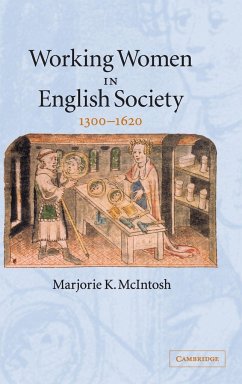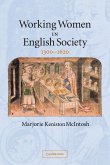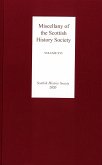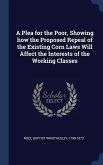This study explores the diverse and changing ways in which English women participated in the market economy between 1300 and 1620. Marjorie Keniston McIntosh assesses women's activity by examining their engagement in the production and sale of goods, service work, credit relationships, and leasing of property. Using substantial evidence from equity court petitions and microhistorical studies of five market centres, she challenges both traditional views of a 'golden age' for women's work and more recent critiques. She argues that the level of women's participation in the market economy fluctuated considerably during this period under the pressure of demographic, economic, social, and cultural change. Although women always faced gender-based handicaps, some of them enjoyed wider opportunities during the generations following the plague of 1348-9. By the late sixteenth century, however, these opportunities had largely disappeared and their work was concentrated at the bottom of the economic system.
'Working Women in English Society offers a fascinating insight into the numerous ways in which women engaged with the market economy in England between 1300 and 1620 ... this book offers a valuable synthesis of existing scholarship on women and work. It also constitutes a highly original study in its own right of the changes affecting women's occupations and the handicaps which they faced in trying 'to generate some income of their own' between 1300 and 1620 (p. 250). This will be a useful addition to undergraduate reading lists.' Reviews in History








